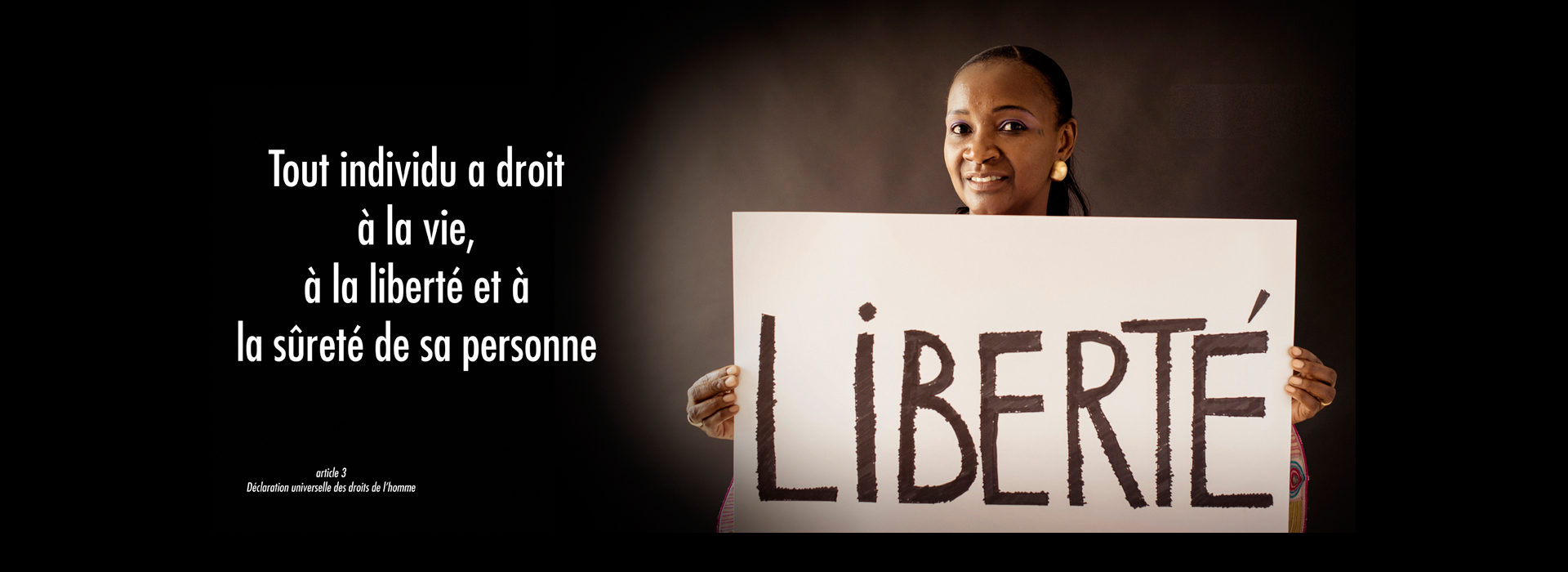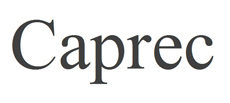[102][103] Wayne Batchis, Professor at the University of Delaware, in contrast, argues that the Citizens United decision represents a misguided interpretation of the non-textual freedom of association. By previously denying this right, the government was picking winners and losers. It resulted in a small number of wealthy individuals having undue influence in elections. [147][148] In an online chat with web community Reddit, President Obama endorsed further consideration of a constitutional amendment and stated "Over the longer term, I think we need to seriously consider mobilizing a constitutional amendment process to overturn Citizens United (assuming the Supreme Court doesn't revisit it)". 441a were unconstitutional as applied to individuals' contributions to SpeechNow. Others proposed that laws on corporate governance be amended to assure that shareholders vote on political expenditures. In Citizens United v. Federal Election Commission, however, the majority argued that the First Amendment purposefully keeps the government from interfering in the "marketplace of ideas" and "rationing" speech, and it is not up to the legislatures or the courts to create a sense of "fairness" by restricting speech.[32]. Most expensive elections in history. [127] The Supreme Court majority rejected the Montana Supreme Court arguments in a two paragraph, twenty line per curiam opinion, stating that these arguments "either were already rejected in Citizens United, or fail to meaningfully distinguish that case. From 2010 to 2018, super PACs spent approximately$2.9 billionon federal elections. The campaign encourages people to rubber stamp messages such as "Not To Be Used for Bribing Politicians" on paper currency. Nat'l Socialist Party v. Village of Skokie, United States v. Thirty-seven Photographs, United States v. 12 200-ft. Reels of Film, American Booksellers Ass'n, Inc. v. Hudnut. "[79] Representative Alan Grayson, a Democrat, stated that it was "the worst Supreme Court decision since the Dred Scott case, and that the court had opened the door to political bribery and corruption in elections to come. In response he argued (emphasis in original) "that [this question of regulating and defining the press] is not the case before us." [81] Rep. Leonard Boswell introduced legislation to amend the constitution. On July 18, 2008, the District Court granted summary judgment to the Federal Election Commission. It took another decision, by the U.S. Court of Appeals for the District of Columbia Circuit, Speechnow.org v. Federal Election Commission, to actually authorize the creation of super PACs. [32] Stevens argued that the majority's view of a self-serving legislature, passing campaign-spending laws to gain an advantage in retaining a seat, coupled with "strict scrutiny" of laws, would make it difficult for any campaign finance regulation to be upheld in future cases. The ruling made it easier for self-promoting politicians to undermine political processes and democratic norms to promote themselves. In the opinion, the court had specifically indicated it was not overturning the ban on foreign contributions. [64], Campaign finance expert Jan Baran, a member of the Commission on Federal Ethics Law Reform, agreed with the decision, writing that "The history of campaign finance reform is the history of incumbent politicians seeking to muzzle speakers, any speakers, particularly those who might publicly criticize them and their legislation. In dismissing that complaint, the FEC found that: The complainant alleged that the release and distribution of FAHRENHEIT 9/11 constituted an independent expenditure because the film expressly advocated the defeat of President George W. Bush and that by being fully or partially responsible for the film's release, Michael Moore and other entities associated with the film (made by Nuss & co.) excessive and/or prohibited contributions to unidentified candidates. While the First Amendment enforces the separation of church and state it doesnt read more. Tinker v. Des Moines Ind. [108], In 2012, Ben Cohen, the co-founder of Ben & Jerry's ice cream, founded Stamp Stampede, a sustained protest to demonstrate widespread support for a proposed constitutional amendment to overturn Citizens United. Karl Rove organized super PACs that spent over $300 million in support of Republicans during the 2012 elections.[157]. School of Law, opined that the decision "matches or exceeds Bush v. Gore in ideological or partisan overreaching by the court", explaining how "Exxon or any other firm could spend Bloomberg-level sums in any congressional district in the country against, say, any congressman who supports climate change legislation, or health care, etc." V. Bullock, Att'Y Gen. of Mt, et al", "Court Declines to Revisit Its Citizens United Decision", "Supreme Court Again Smacks Down Campaign-Finance Reformers", "Meet Shaun McCutcheon, the Republican Activist Trying to Make History at the Supreme Court", "McCutcheon et al v. Federal Election Commission Verified Complaint for Declaratory and Injunctive Relief", "Supreme Court of the United States Shaun McCutcheon and Republican National Committee, Plaintiffs-Appellants v. Federal Election Commission", "McCutcheon, et al. A conservative nonprofit group called Citizens United challenged campaign finance rules after the FECstopped it from promoting and airing a film criticizing presidential candidate Hillary Clinton too close to the presidential primaries. The recent rise in crime is extraordinarily complex. [151] In Minnesota, the Minnesota Senate passed a similar resolution, "Senate File No. When Congress further regulated party fundraising and spending with the Bipartisan Campaign Reform Act (BCRA) of 2002, the Supreme Court weighed in again, first allowing many of the new rules with its McConnell v. FEC decision. Is it better t Capitol Square Review & Advisory Board v. Pinette, Serbian Eastern Orthodox Diocese v. Milivojevich, Roman Catholic Archdiocese of San Juan v. Acevedo Feliciano, Two Guys from Harrison-Allentown, Inc. v. McGinley. When he did, the "Questions Presented" to the parties were, however, more expansive, touching on the issues Kennedy's opinion had identified. This shift in spending has been fostered by an equally important shift in sources for all of this money. Sixth, Stevens claimed that the majority failed to give proper deference to the legislature. PACs, in turn, were not allowed to accept corporate or union contributions of any size or to accept individual contributions in excess of $5,000. v. Winn, Espinoza v. Montana Department of Revenue, Westside Community Board of Ed. The unleashing of corporate money to directly . "While the influence of money on the political process is troubling and sometimes corrupting, abridging political speech is the wrong way to counterbalance that influence. And equality of speech is inherently contrary to protecting speech from government restraint, which is ultimately the heart of American conceptions of free speech. [134], The New York Times reported that 24 states with laws prohibiting or limiting independent expenditures by unions and corporations would have to change their campaign finance laws because of the ruling. According to Stevens, the shareholders have few options, giving them "virtually nonexistent" recourse for opposing a corporation's political spending. Michael Waldman, director of the Brennan Center for Justice at N.Y.U. But the laws were weak and tough to enforce. "[70], President Barack Obama stated that the decision "gives the special interests and their lobbyists even more power in Washingtonwhile undermining the influence of average Americans who make small contributions to support their preferred candidates". [69], Chicago Tribune editorial board member Steve Chapman wrote "If corporate advocacy may be forbidden as it was under the law in question, it's not just Exxon Mobil and Citigroup that are rendered mute. Additionally, super PACs are required to disclose their donors, but those donors can include dark money groups, which make the original source of the donations unclear. Politicians can listen to what the vast majority of the public wants, even if big donors dont like it. American elections have long been awash in cash, but a decade after the Supreme Court eliminated limits on political spending by outside groups, watchdogs say the system is drowning in it.. Citizens United and SpeechNOW left their imprint on the 2012 United States presidential election, in which single individuals contributed large sums to "super PACs" supporting particular candidates. While wealthy donors, corporations, and special interest groups have long had an outsized influence in elections, that sway has dramatically expanded since the Citizens United decision, with negative repercussions for American democracy and the fight against political corruption. how did citizens united changed campaign finance laws. The plaintiffs contended that the Act unconstitutionally restricts their association guaranteed under the First Amendment. The poll showed large majority support from Democrats, Republicans and independents. [84][85], Republican Senator John McCain, co-crafter of the 2002 Bipartisan Campaign Reform Act and the party's 2008 presidential nominee, said "there's going to be, over time, a backlash when you see the amounts of union and corporate money that's going to go into political campaigns". Heather K. Gerken, Professor of Law at Yale Law School wrote that "The court has done real damage to the cause of reform, but that damage mostly came earlier, with decisions that made less of a splash." The poll also found that only 22 percent had heard of the case. The 20 largest organizational donors also gave a total of more than $500 million, and more than $1 billion came from the top 40 donors. In his State of the Union, delivered just a week after the ruling, President Barack Obama said he believed it would open the floodgates for special interestsincluding foreign corporationsto spend without limit in our elections., Justice Alito, who attended the address, could be seen shaking his head and mouthing the words Not true.. Because of this, the court ruled, Section 203 was not unconstitutionally applied. In the Internet age, the Court reasoned, the public should easily be able to inform itself about corporate-funded political advertising, and identify whether elected officials are in the pocket of so-called moneyed interests.. ", "Is The Corporation The Person? [133] In 2014, the US Supreme Court reversed a ruling of the DC District Court's dismissal of McCutcheon v. FEC and struck down the aggregate limits. Senate Minority Leader Mitch McConnell, a plaintiff in the earlier related decision McConnell v. FEC, said:[52][53]. Move to Amend, a coalition formed in response to the ruling,[146] seeks to amend the Constitution to abolish corporate personhood, thus stripping corporations of all rights under the Constitution. This spending itself isnt new. Every donation we receive from users like you goes directly into promoting high-quality data analysis and investigative journalism that you can trust. [54], Citizens United, the group filing the lawsuit, said, "Today's U.S. Supreme Court decision allowing Citizens United to air its documentary films and advertisements is a tremendous victory, not only for Citizens United but for every American who desires to participate in the political process. No. [46] Because shareholders invest money in corporations, Stevens argued that the law should likewise help to protect shareholders from funding speech that they oppose. Employees Local, Board of Comm'rs, Wabaunsee Cty. Campaign financing has changed so dramatically since the landmark Citizens United v Federal Election Commission (FEC) ruling handed down by the supreme court exactly 10 years ago that the former .

